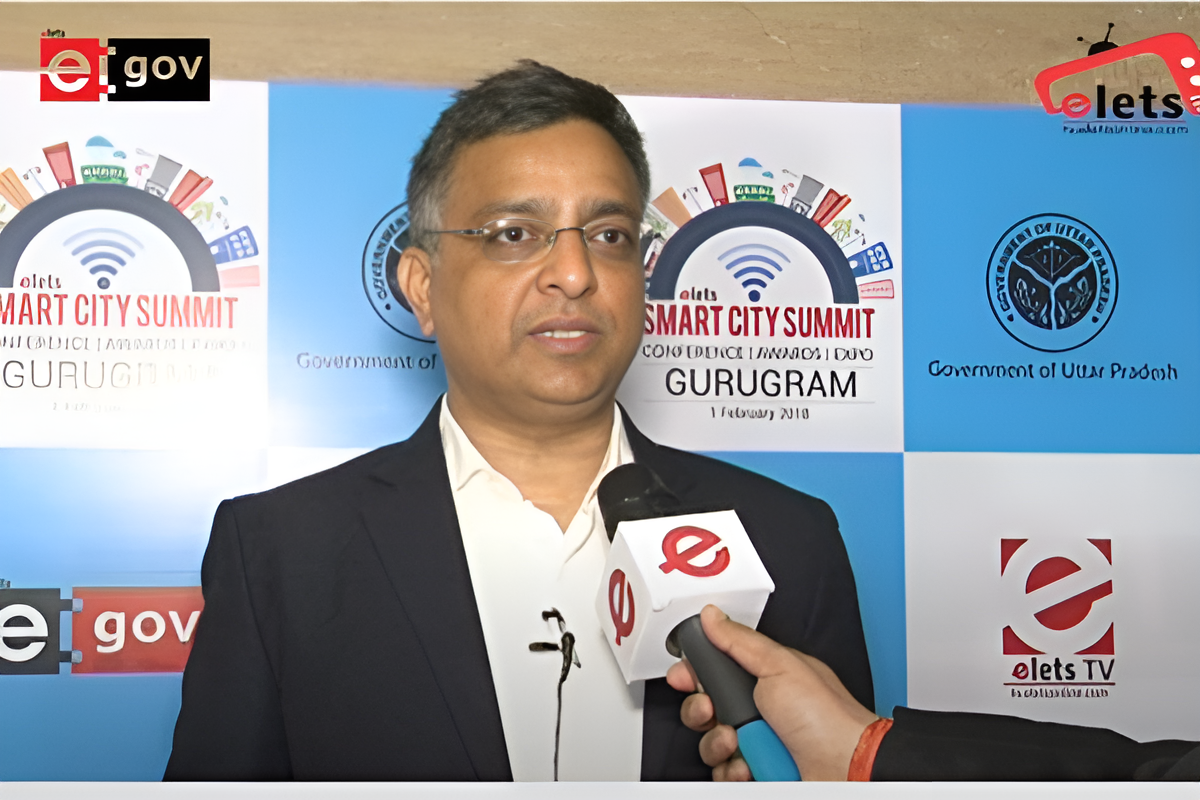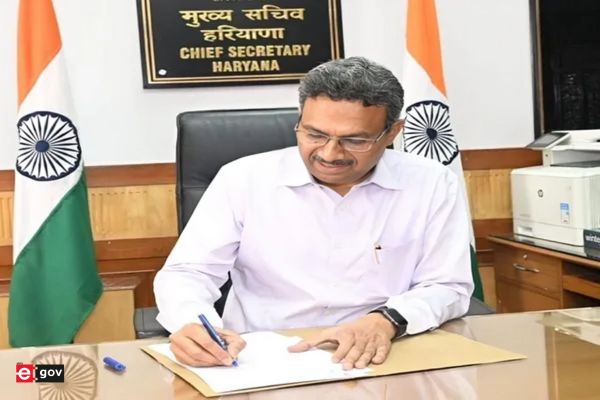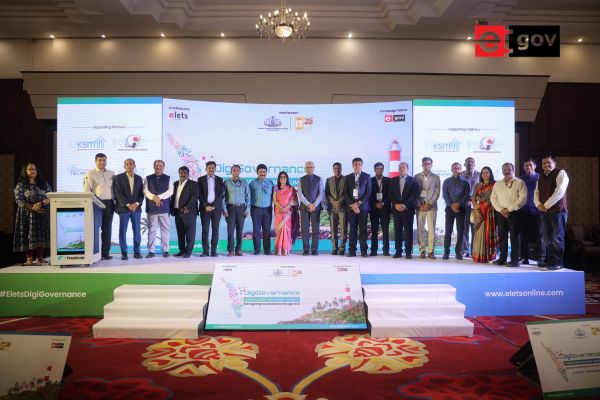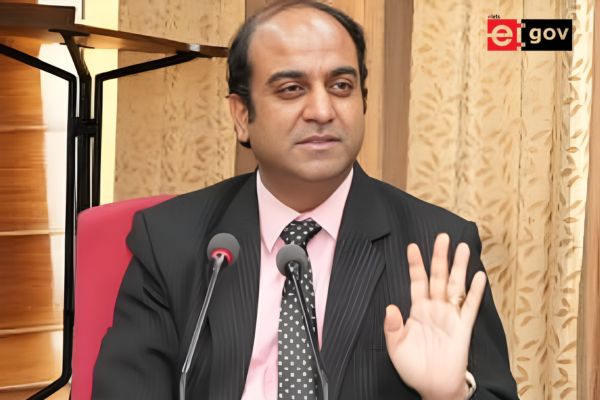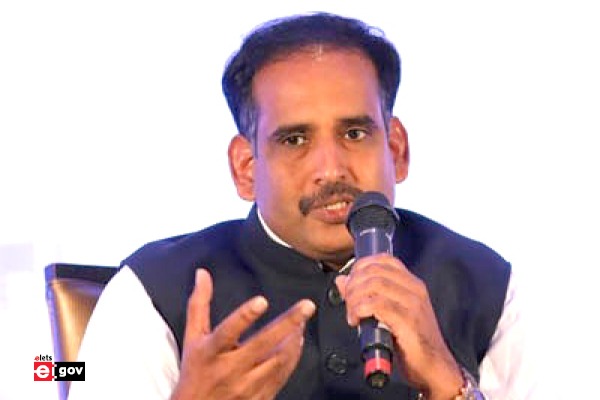
In a significant development, Delhi’s electric vehicle (EV) charging infrastructure is experiencing rapid expansion, as power distribution companies have strategically positioned more than 4,500 charging points and battery-swapping facilities across the city. Officials from distribution companies, commonly known as discoms, have disclosed plans to install hundreds more of these facilities by the end of the current fiscal year.
The surge in EV infrastructure is being spearheaded by public sector entities, particularly BSES discoms, including BYPL and BRPL, which have successfully deployed over 3,100 charging points and battery-swapping stations at more than 1,200 locations spread across South, West, East, and Central Delhi.
The distribution of these facilities comprises 40 percent in private locations, 39 percent in public spaces, and 15 percent in captive categories, according to a spokesperson for the company.

BSES discoms aim to facilitate the installation of over 1,200 additional EV charging points in the current financial year, with 850 already operational. Additionally, there are currently 180 battery-swapping stations within areas under BSES discoms.
Tata Power Delhi Distribution Ltd (TPDDL) has also played a pivotal role, installing over 1,550 EV charging points and battery-swapping stations across north Delhi. The majority of these, 1,517 out of 1,550 charging points, are in private locations, with 33 operated at government and institutional agencies.

Looking ahead, TPDDL has set an ambitious target of installing 920 EV charging points in the fiscal year 2023-24, with 471 already in operation.
The growing network of EV charging points is underlined by the fact that BSES areas alone consume over 80 MW of electricity, a figure expected to surpass 130 MW in the coming months. Notably, 64 percent of electricity consumption at EV charging points in Delhi is concentrated in BSES areas.
This expansive EV charging infrastructure, primarily concentrated in residential colonies and societies (62 percent of private charging points), is contributing to a notable shift. Other locations, including commercial premises like malls, hospitals, and colleges, house around 35 percent of the total charging points, reflecting a strategic distribution to cater to diverse needs.
Also Read | Mapping the Future of EV Charging
Delhi’s increasing adoption of EVs, currently accounting for 16 percent of vehicles as of December, represents a pivotal step toward addressing environmental challenges and reducing pollution levels in the city. Officials emphasize the vital role of private participation in achieving and surpassing these goals.
Be a part of Elets Collaborative Initiatives. Join Us for Upcoming Events and explore business opportunities. Like us on Facebook , connect with us on LinkedIn and follow us on Twitter, Instagram.
"Exciting news! Elets technomedia is now on WhatsApp Channels Subscribe today by clicking the link and stay updated with the latest insights!" Click here!




